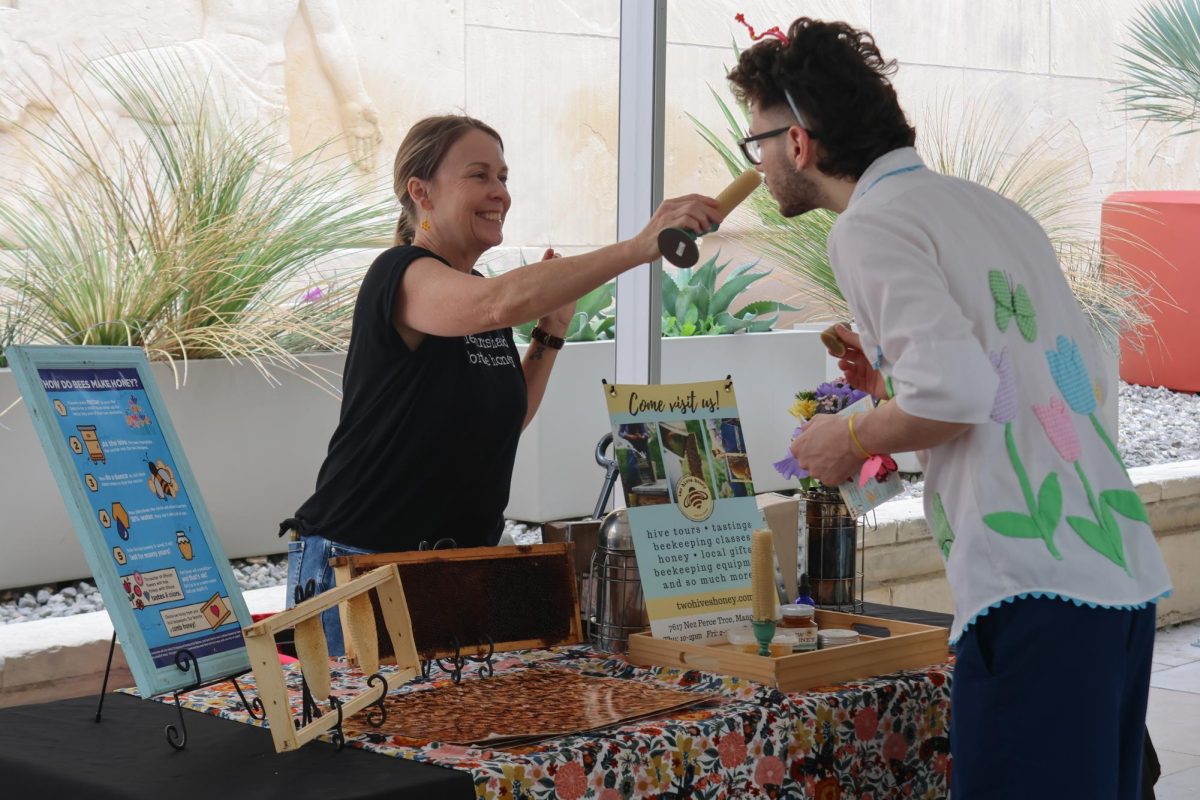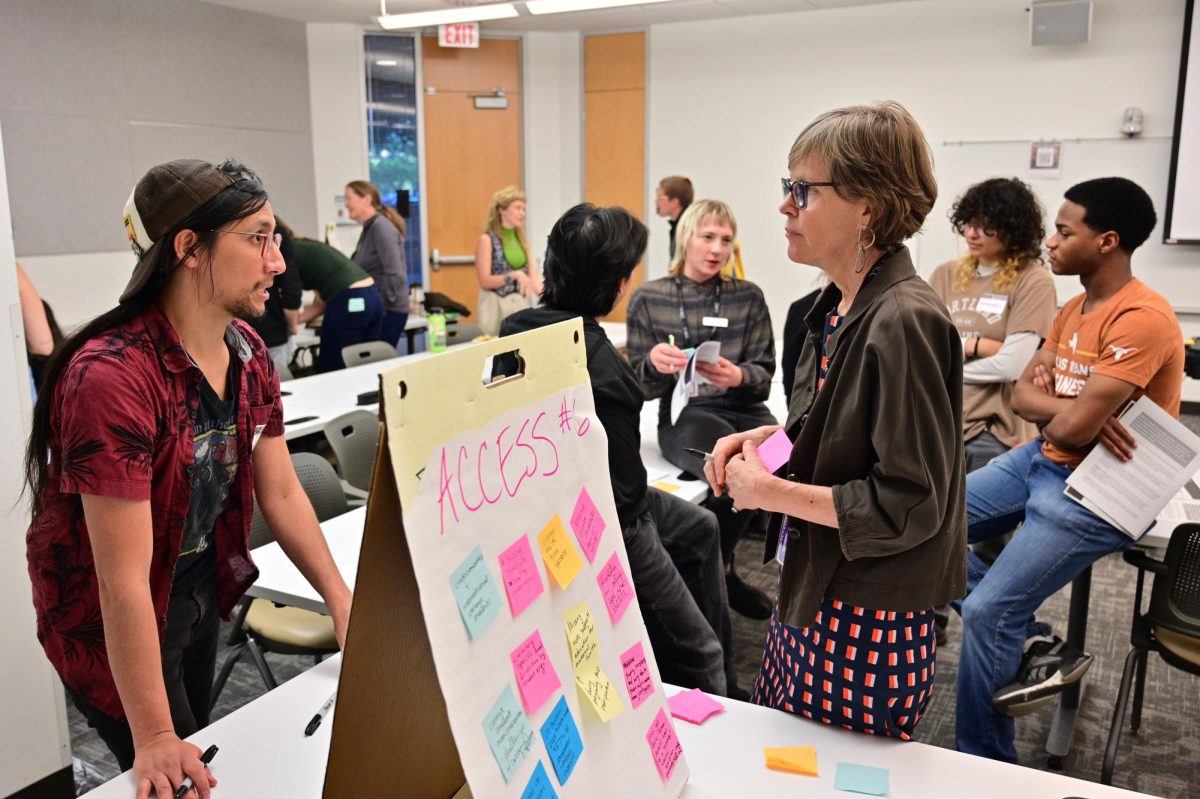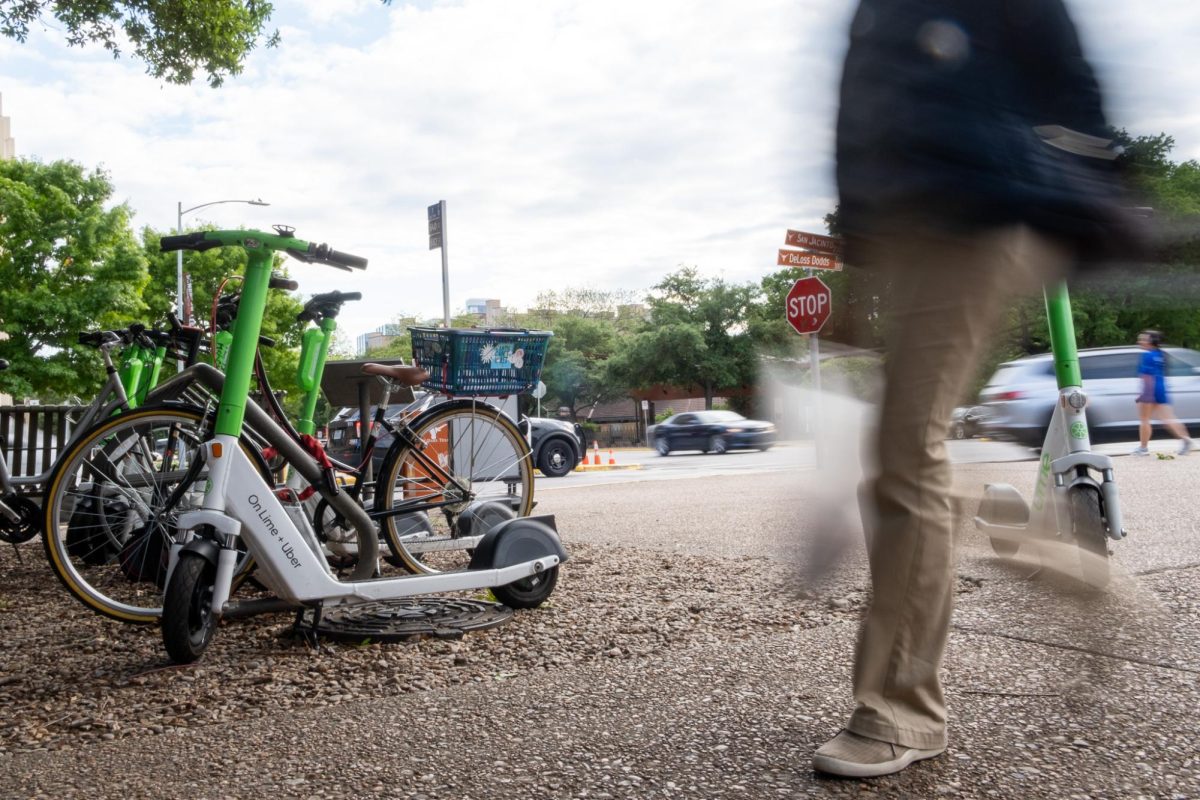Increasing community health literacy, the basic ability to make informed decisions about medication and other health-related decisions, was the topic of a round table discussion presented by the School of Nursing on Wednesday .
Speakers at the discussion said often patients do not effectively recover from illnesses because they cannot understand the instructions they have been given.
Nursing graduate student Grace Githinji said financial and psychological stresses of college can lead to an under-prioritization of health. The nursing community focused on finding possible solutions at the discussion.
“The hard part of college is stress management,” Githinji said. “Self-care often suffers.”
Bo Xie, an associate professor in the nursing school and the School of Information, said technology provides new outlets for research and education.
“My approach to health literacy is not just health literacy, but e-health literacy,” Xie said. “Using electronic sources greatly improves our ability to assess health literacy.”
UT students have multiple health resources available at their disposal, including University Health Services, the Nurse Advice Line and the Healthy Horns website. Nursing graduate student Sara Rechis said the Internet provides a wealth of information that allows students to investigate whatever health problems they may have.
“It helps to start with health websites,” Rechis said. “If you go to college there are a lot of resources available.”
Sharon Brown, a professor in the nursing school, said an inverse relationship exists between knowledge of one’s illness and the severity of symptoms.
“The worse [a person’s] health problem is, the more they interact with the health care system,” Brown said.
Brown said an expanded tool set cannot solve all the problems that medical professionals face.
“There is a big gap between what you know and what you do,” Brown said.
Jane Champion, a professor at the nursing school, said peer influence is often more persuasive than the advice of a medical professional. Thus, health literacy efforts need to change the mind-set of entire communities in order to be effective, Champion said.
“We need to look at what kind of behaviors in a community culture do they perceive as a norm,” Champion said. “Patients listen to what their friends and family say prior to implementation of what the provider says.”
Nursing senior Anjelica Barrientos said the problem lies with students’ naive attitudes toward their own health.
“We have this invincible mind-set like nothing can happen to us right now — bad things only happen to other people in other places,” Barrientos said.













